The right to choose the enforcement agency needs to be strictly regulated.
Delegate Tran Nhat Minh ( Nghe An ) analyzed that the draft Law allows both the person being enforced and the person being enforced to have the right to choose a civil enforcement agency or a civil enforcement office to organize the enforcement. On the surface, this provision ensures equality between the parties, but when delving into the legal nature of the civil enforcement relationship, the provision reveals unreasonable things, which can easily lead to conflicts in practice.
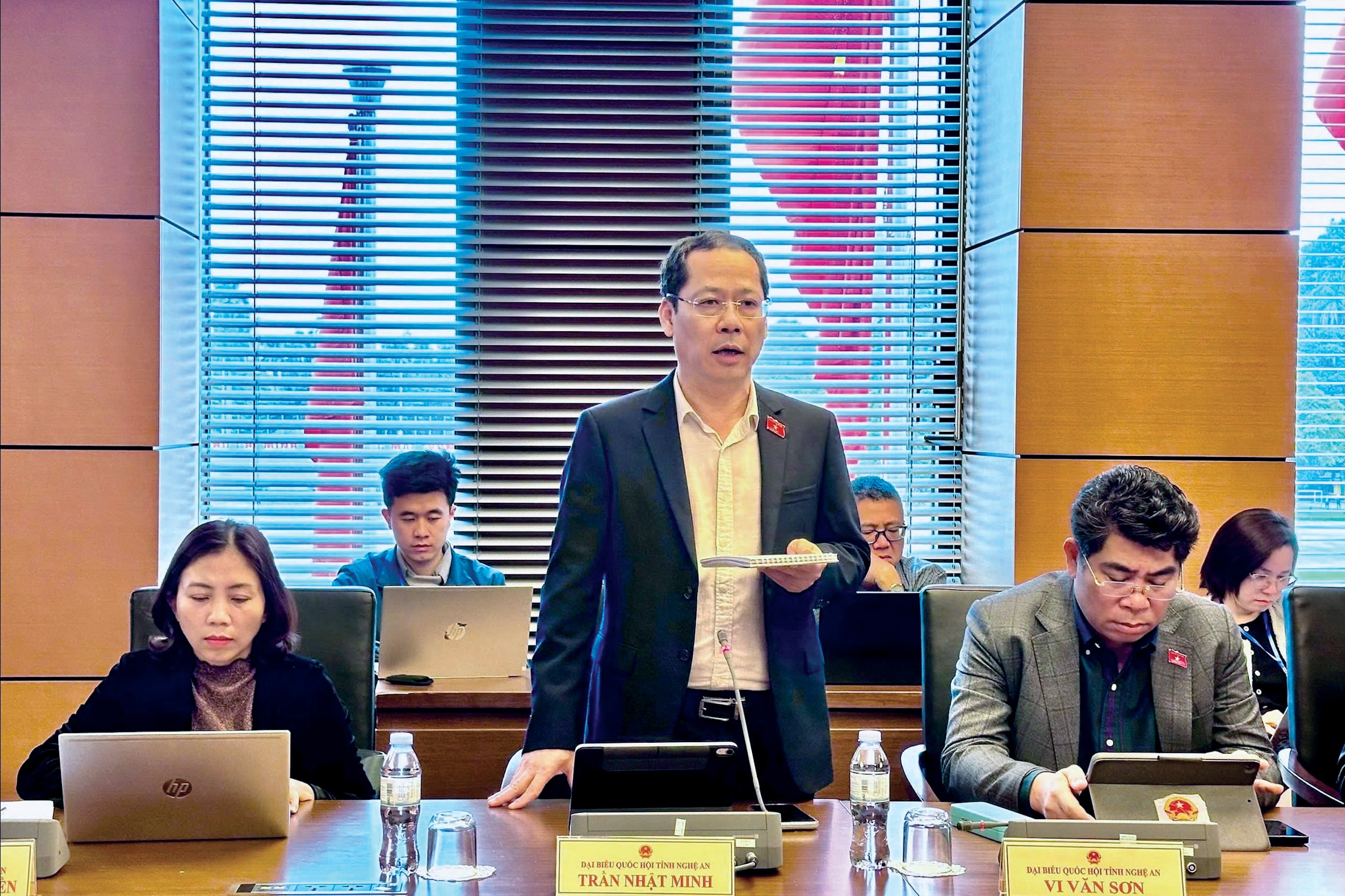
According to the delegate, in the case where the person entitled to enforcement chooses the provincial civil enforcement agency, while the person subject to enforcement chooses the civil enforcement office, there will be a conflict of jurisdiction. The draft Law currently does not have any provisions defining which agency has the authority to resolve conflicts when they occur. Therefore, it is necessary to supplement clear provisions on the mechanism for resolving this situation.
The delegate suggested that the right to choose a civil enforcement agency or civil enforcement office should not be given to the person subject to enforcement. Explaining this issue, the delegate said that the person subject to enforcement is the subject whose rights have been violated, the party initiating the request for enforcement, while the person subject to enforcement is the party with the obligation to perform. Giving the same right to choose to both parties is not consistent with the logic of civil enforcement law and may complicate the enforcement process.
In addition, the delegate pointed out that Articles 11 and 13 of the draft Law – which stipulate the duties and powers of the People’s Court and the responsibilities of the agency issuing the judgment or decision – have overlapping content. According to the procedural law, the Court is the only agency issuing the judgment or decision, so separating them into two separate articles is unreasonable. Both of these articles have overlapping provisions on handling requests and recommendations of related parties and on correcting, correcting and explaining the judgment or decision.
"Therefore, the drafting agency should review and integrate these two articles into one article that uniformly regulates the duties and powers of the People's Court in enforcing judgments, ensuring the strictness and consistency of the legal system," delegate Tran Nhat Minh suggested.
Ensuring consistency in the application of laws on civil enforcement
Regarding Clause 2, Article 14, which stipulates that the civil judgment enforcement agency or civil judgment enforcement office “requests” the police force to coordinate to ensure order and safety when there is opposition or obstruction, delegates believe that this regulation is unreasonable. In practice, opposition and obstruction often occur unexpectedly, and it is difficult for the judgment enforcement agency to anticipate and promptly “request” coordination. Moreover, the word “request” is not highly legal, making coordination arbitrary, affecting the effectiveness of judgment enforcement.
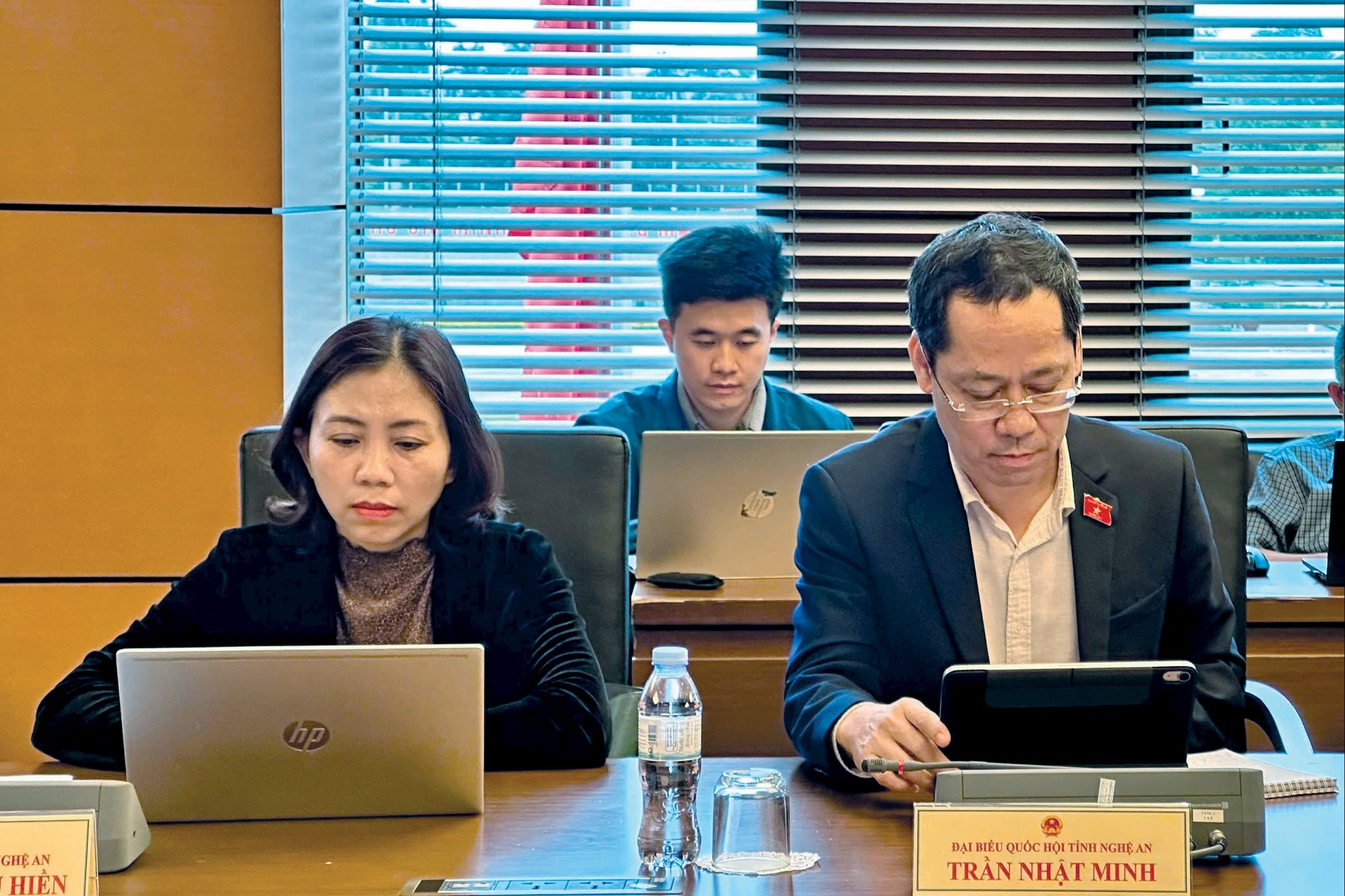
Therefore, the delegates proposed to amend in the direction of clearly stipulating that “the police force is responsible for coordinating” with the civil enforcement agency in ensuring order and safety in the execution of judgments. This way of regulation is more effective and feasible, while ensuring the initiative of the civil enforcement agencies.
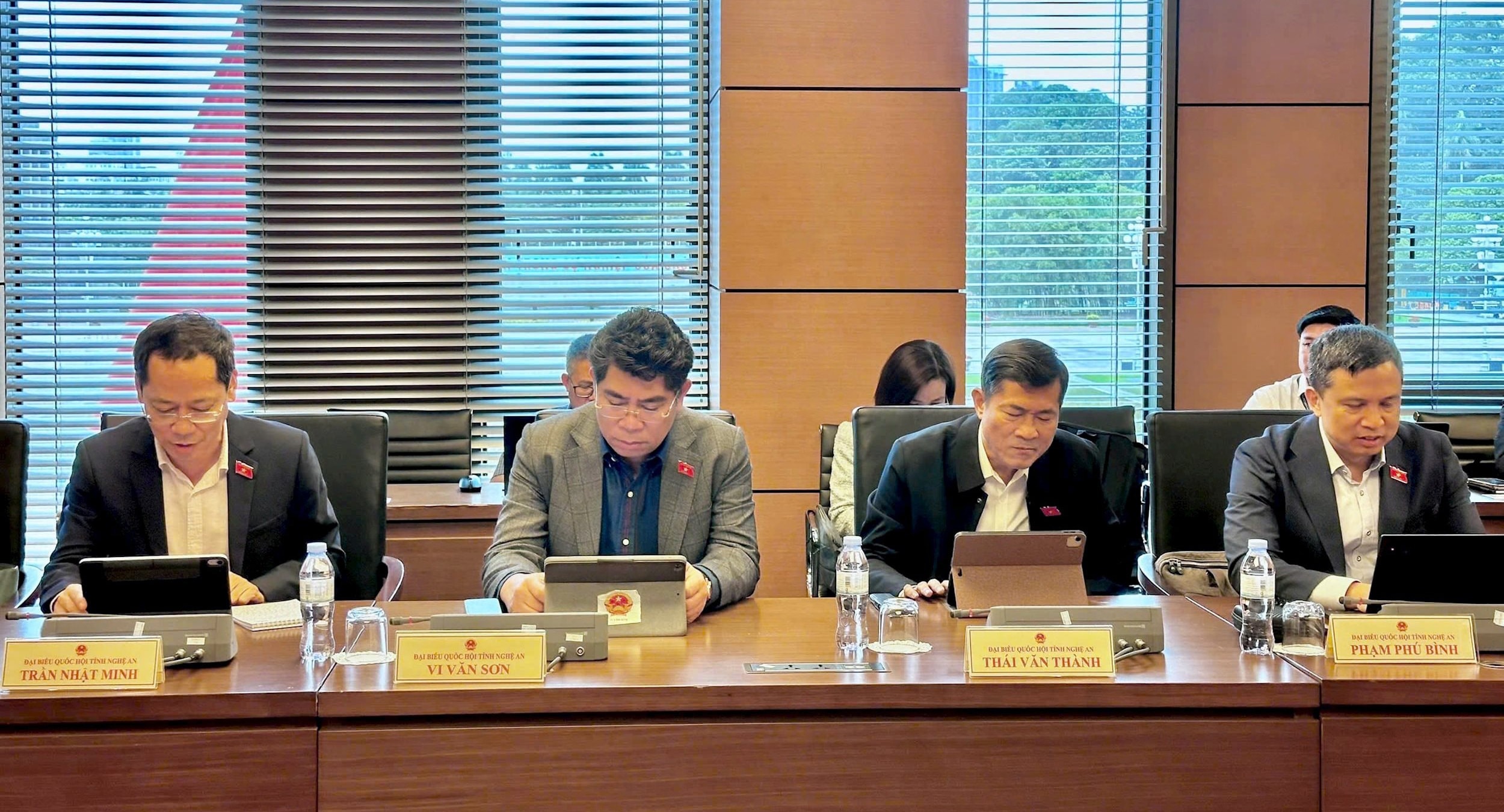
Regarding Clause 2, Article 34 on the statute of limitations for requesting enforcement of judgments (5 years from the date the judgment or decision takes effect or from the date the obligation is due), the delegate raised practical difficulties: when the person subject to enforcement has not yet fulfilled his/her civil obligations but the statute of limitations for requesting enforcement of judgment has expired, the enforcement agency cannot continue to accept the case. Meanwhile, according to the provisions of the Penal Code, the condition for having the criminal record erased is that the convicted person must have completed all civil responsibilities.
The Supreme People's Court issued Official Dispatch No. 154/B dated May 11, 2023, affirming that a convicted person who has not yet completed his/her civil liability is not considered to have completed the sentence and his/her criminal record will not be erased. Thus, if the enforcement agency refuses to accept the case because the statute of limitations has expired, the convicted person will never have the opportunity to have his/her criminal record erased, causing the sentence to be suspended forever.
The delegate proposed to add a provision to remedy this consequence: In case the statute of limitations for requesting enforcement of a judgment has expired, the civil obligation stated in the criminal judgment or decision is considered to be automatically not enforceable. At that time, the person who must enforce the judgment is considered to have fulfilled his civil obligation, creating a basis for having his criminal record erased according to the provisions of the Penal Code.
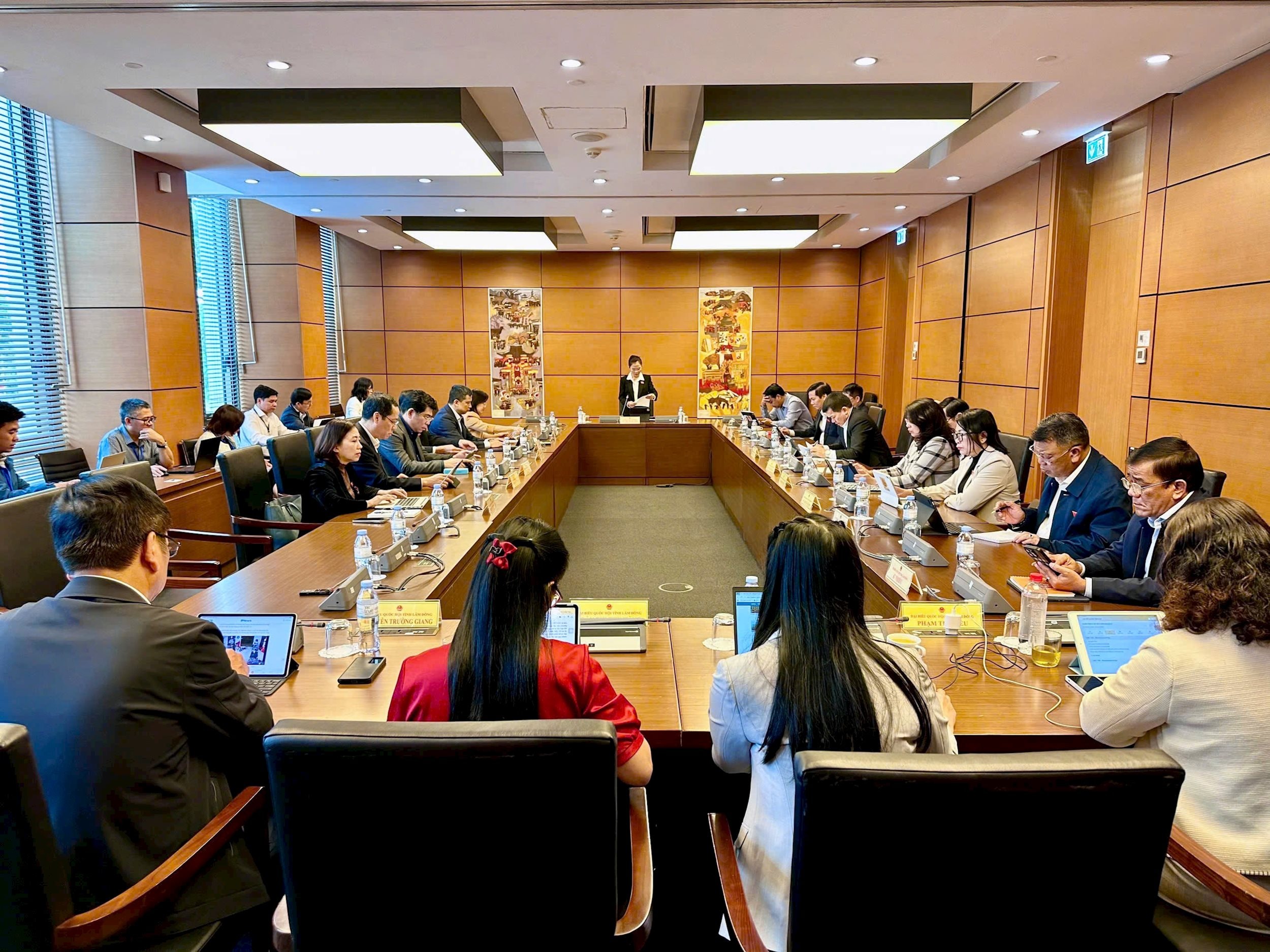
Regarding Clause 5, Article 97, which stipulates cases where complaints are not accepted, delegate Tran Nhat Minh said: It is necessary to add an exception specified in Clause 1, Article 98 - the decision to resolve the first complaint regarding the decision to apply measures to ensure enforcement of judgments. "According to the draft, the law stipulates that this decision takes effect immediately, leading to the situation where the complainant loses the right to appeal a second time. This contradicts Point b, Clause 1, Article 99, which stipulates that the complainant has the right to continue appealing if he does not agree with the decision to resolve the first complaint," the delegate emphasized.
Therefore, the delegate proposed to add clarity in Clause 5, Article 97 as follows: Decisions to resolve initial complaints by the head of the provincial civil judgment enforcement agency or the head of the civil judgment enforcement office on measures to ensure judgment enforcement are excluded, similar to the cases in Clauses 3 and 6, Article 98. "This addition aims to fully ensure citizens' right to complain, and at the same time, unify the application of the law on civil judgment enforcement", delegate Tran Nhat Minh emphasized.
Source: https://daibieunhandan.vn/ro-quy-dinh-de-bao-dam-thong-nhat-kha-thi-trong-thi-hanh-an-dan-su-10394450.html




![[Photo] Opening of the 14th Conference of the 13th Party Central Committee](https://vphoto.vietnam.vn/thumb/1200x675/vietnam/resource/IMAGE/2025/11/05/1762310995216_a5-bnd-5742-5255-jpg.webp)







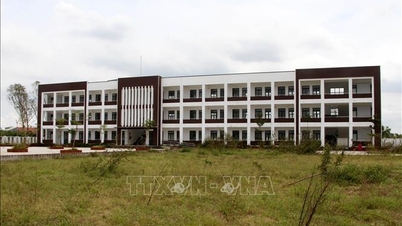


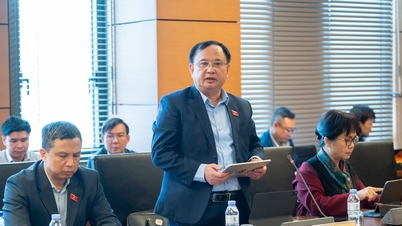


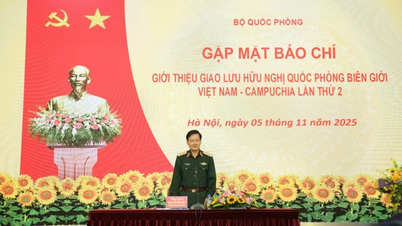

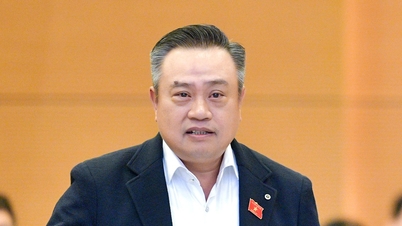



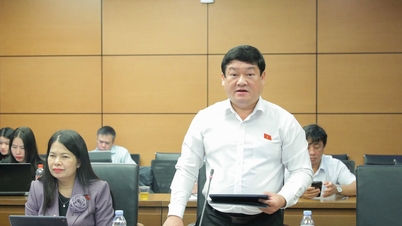
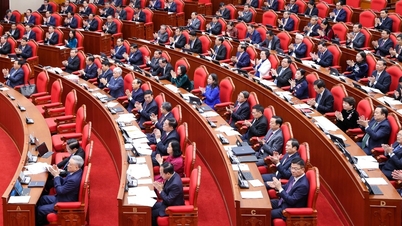






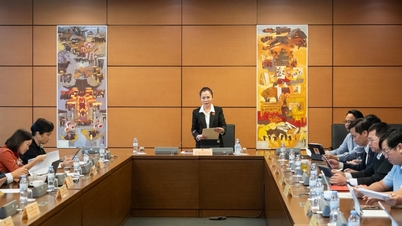

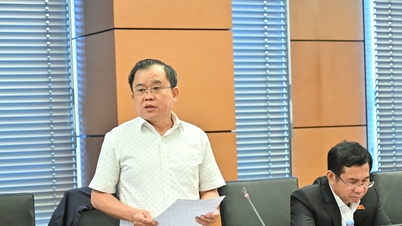

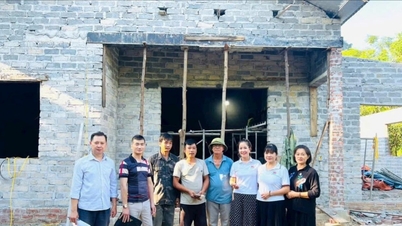
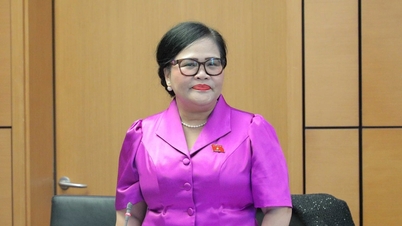

![[Photo] Panorama of the Patriotic Emulation Congress of Nhan Dan Newspaper for the period 2025-2030](https://vphoto.vietnam.vn/thumb/1200x675/vietnam/resource/IMAGE/2025/11/04/1762252775462_ndo_br_dhthiduayeuncbaond-6125-jpg.webp)


































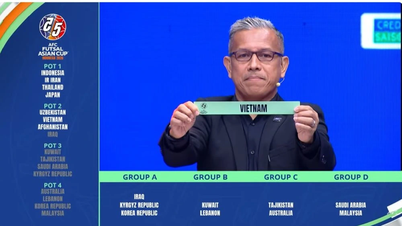







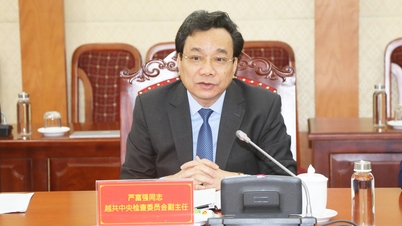

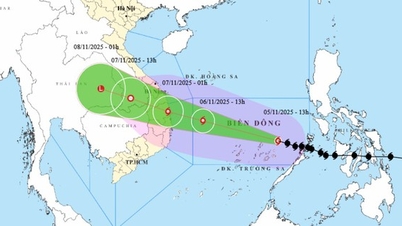




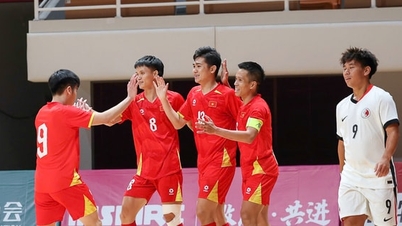

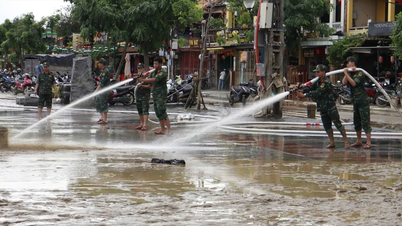
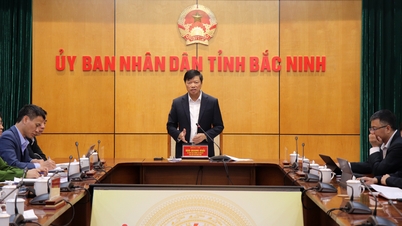




















Comment (0)